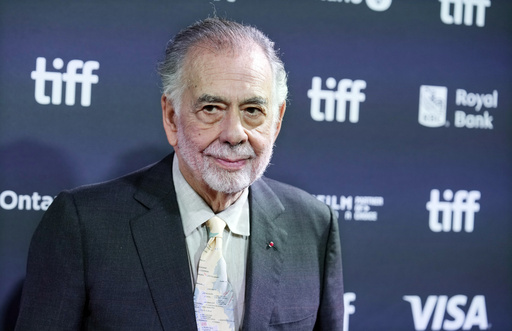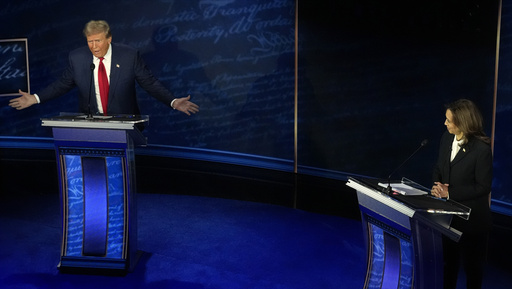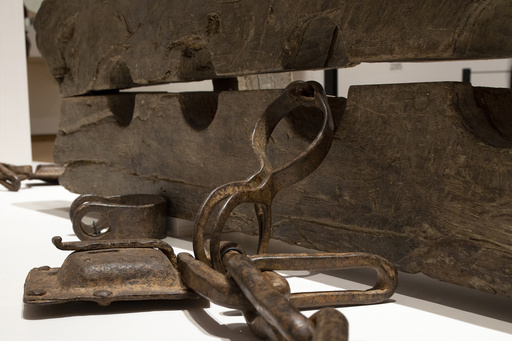Filmmaker Francis Ford Coppola has taken legal action against entertainment trade publication Variety, asserting that a story published in July containing allegations of unprofessional behavior on the set of his film “Megalopolis” was false and defamatory. The lawsuit, filed in Los Angeles Superior Court, seeks a minimum of $15 million in damages from Variety. The legal action comes just ahead of the theatrical release of Coppola’s long-awaited epic project, which he financed independently.
The lawsuit describes Coppola, famous for directing acclaimed films like “The Godfather” and “Apocalypse Now,” as a “creative genius” and suggests that envy is driving others to spread deliberate falsehoods about him. It refutes claims made in the Variety story accusing him of incompetence, unprofessional conduct, and inappropriate interactions with female cast members on the set of “Megalopolis.”
In addition to suing Variety, the lawsuit also names the reporters of the article, Brent Lang and Tatiana Siegel, as defendants. It accuses Variety of either intentionally promoting false information or displaying reckless disregard for the truth, in violation of established libel standards set by the U.S. Supreme Court.
A spokesperson for Variety, Jeffrey Schneider, declined to comment on the ongoing litigation but expressed support for the publication’s reporters. The original article published by Variety relied on anonymous sources and video footage from the set of “Megalopolis,” alleging that Coppola engaged in inappropriate behavior with young female extras during filming.
Coppola’s film, “Megalopolis,” is a futuristic drama set in New York and features actors Adam Driver and Nathalie Emmanuel. The director financed the project by selling parts of his wine business. Coppola has vehemently denied the allegations against him and maintained that he has always been respectful towards women, citing his mother’s teachings on the subject.
The lawsuit disputes specific claims made in the Variety article, including an incident where Coppola supposedly disrupted a shot unknowingly. Coppola insists that he was aware of his presence in certain scenes and that his involvement was intentional. The legal action underscores the impact of false accusations on Coppola’s reputation, particularly in the context of his significant contributions to the film industry.





